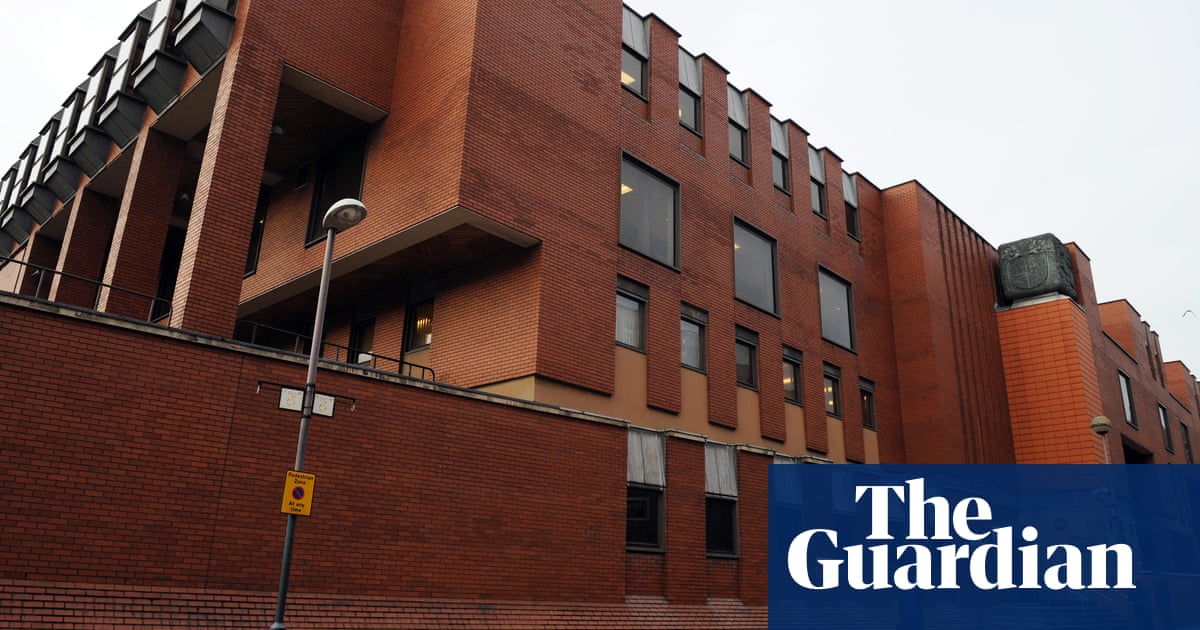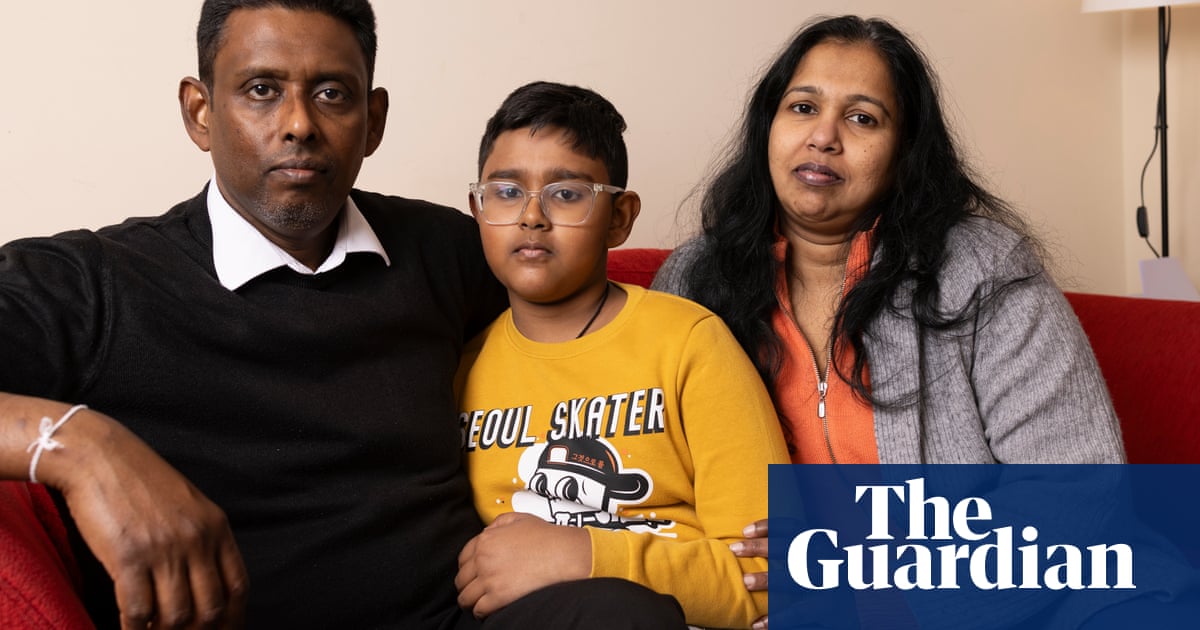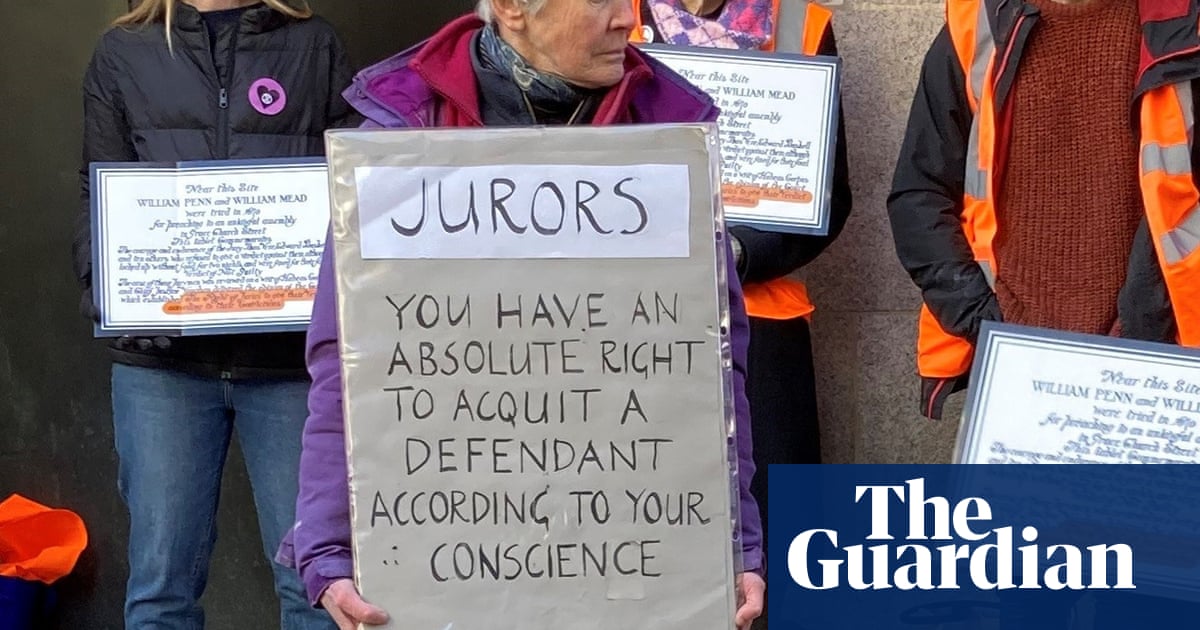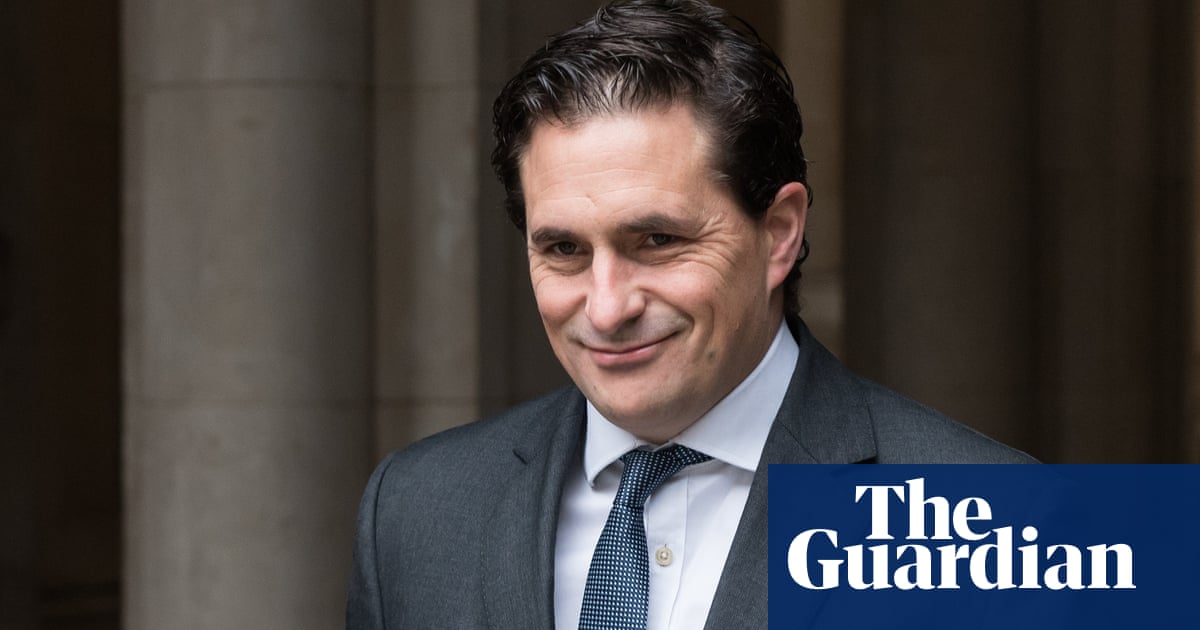
The Duchess of Sussex’s letter to her estranged father was “written with public consumption in mind as a possibility,” the court of appeal has heard.
Lawyers for Associated Newspapers Ltd (ANL), publishers of the Mail on Sunday, argued Meghan’s privacy case should have gone to trial rather than be dealt with by summary judgment without need for a trial.
Meghan won her privacy and copyright claim when Lord Justice Warby ruled earlier this year that publication by the Mail on Sunday and Mail Online of extracts from the letter was “manifestly excessive and hence unlawful”.
Opening ANL’s three-day appeal against the high court judgment, Andrew Caldecott QC said new evidence in a statement from Jason Knauf, former communications secretary to the Duke and Duchess of Sussex, would suggest Meghan suspected her father might disclose the letter to the media.
He said the judge had implicitly accepted the letter was an intimate communication for her father’s eyes only. “The fundamental point turns out to be false on the new evidence. The letter was crafted specifically with the potential of public consumption in mind because the claimant appreciated Mr Markle might disclose it to the media,” Caldecott said.
Meghan’s legal team are opposing the appeal and argue that the judge reached the right conclusions on the evidence before him. They also object to the introduction of Knauf’s new evidence and say that, if the court accepts his statement, Meghan will also wish to put forward new evidence.
Meghan’s father shared the letter because he considered an article in US People magazine, which featured interviews with Meghan’s friends portraying her as a caring daughter offering an “olive branch” and his reply as “wholly inappropriate”, to be a “serious attack” on him, Caldecott said.
Meghan’s privacy claim was “diminished and outweighed” by her father’s right to reply to the “false and misleading” allegations in the People article that suggested he had “cruelly cold-shouldered” his daughter in the run-up to her wedding to Prince Harry.
Texts from Thomas Markle to his daughter showed he messaged her regularly, including from his hospital bed as he underwent emergency heart surgery, to let her know he would not be able to attend as doctors would not allow him to fly, Caldecott said.
In the texts, he told her he loved her, and wished her the best. He asked who would be giving her away, and said that if she really needed him he could come and he was sorry, the appeal judges heard.
Caldecott said the judge did not give enough weight to the texts. They were “affectionate texts”, ignored in the judge’s summary, and showing “abundant contact” in the run-up to the wedding, and painted a completely different picture to the People article that he never called, never texted and ignored her, said Caldecott.
Judgment in the appeal will be given at a later date.












